Traumatic Brain Injury is more common than you may think. It is a major source of the loss of health as well as a major cause of disability worldwide. The annual incidence of TBI globally is 27-69 million and many survivors suffer from significant disabilities and long-term effects. The long-term impact is not just physical, it’s social, emotional, mental and financial. The causes vary and can include falls, which is the most common cause, followed by motor vehicle accidents. Sports injuries, assaults and anything that causes a blow, bump, jolt or penetrating injury all classify as TBI.
Naturally, it’d be assumed that the immediate effects or injury of a TBI can be difficult and life changing. But, many are undereducated on the long-term effects that can be equally, if not more, debilitating. These effects are often complex, multifaceted, carry on for years, and significantly impact the quality of life for those affected including those who are close to the injured. The direct and obvious medical costs plus the indirect costs of TBI, such as lost productivity, are estimated to be more than $60 billion a year just in the United States. Life is altered in nearly every way for those with a TBI.
Long-Term Effects of Traumatic Brain Injury
Consequences of TBI reach far past the initial injury and include a myriad of issues in multiple areas of life.
- Cognitive Impairments: Deficits in memory, executive functioning and attention is common as a long term effect. Every day tasks become difficult including social activities and holding a job.
- Emotional and Behavioral Changes: Depression, anxiety, irritability and impulsivity are a few mood and behavioral changes that TBI survivors may experience. Relationships can be strained which can lead to isolation and a decrease in overall well-being.
- Physical Symptoms: Chronic pain, headaches, dizziness, and fatigue are common long-term physical symptoms of TBI. These symptoms can be persistent and resistant to conventional treatments, further complicating and frustrating the recovery process.
- Increased Risk of Neurodegenerative Diseases: Research has shown that TBI can increase the risk of developing neurodegenerative diseases such as Alzheimer’s and Parkinson’s. This risk adds an additional layer of worry.
- Post-Traumatic Stress Disorder (PTSD): TBI and PTSD often co-occur, particularly among military veterans. This combination of conditions can make symptoms more severe and treatment more complicated.
Functional Medicine and TBI
The goal of successful treatment options for secondary or long term effects of TBI injuries is to reduce oxidative stress, excitotoxicity, and inflammation while supporting mitochondrial functions and repair of membranes, synapses, and axons. In a previous blog post, we discussed how important mitochondrial function is to the entire body. They are the powerplant of the body. Mitochondrial health is health beginning at the cellular level. Nutritional therapies and hyperbaric oxygen therapy have shown great promise and potential for improved outcomes for the treatment of secondary TBI injuries.
When a functional medicine practitioner sees a TBI patient, the approach will cover a person’s whole health, small to large, bottom to top, inside and out.
- Diet and Nutrition: Proper nutrition is crucial for brain health. Functional medicine emphasizes the importance of a balanced diet rich in antioxidants, omega-3 fatty acids, and other nutrients that support neuronal function, decrease oxidative stress and reduce inflammation. Diet will also play a huge factor in mitochondrial function.
- Nutritional Supplements: In addition to dietary changes, functional medicine practitioners may recommend specific supplements to address deficiencies, support detoxification and support brain health. Common supplements for TBI include omega-3 fatty acids, curcumin, magnesium, and B vitamins, all of which have been shown to have neuroprotective effects.
- Lifestyle Modifications: Regular physical activity, adequate sleep, and stress management are critical components of a functional medicine approach to TBI. Exercise has been shown to promote neuroplasticity, the brain’s ability to reorganize and form new neural connections, which is essential for recovery. Mindfulness practices, such as meditation and yoga, can help manage stress and improve emotional well-being.
- Integrative Therapies: Functional medicine often incorporates integrative therapies such as acupuncture, massage, and hyperbaric oxygen therapy (HBOT). HBOT, in particular, has shown promise in improving cognitive function and reducing inflammation in individuals with TBI. I’ll discuss promising research of the positive interaction of HBOT and TBI below.
- Addressing Gut Health: Research suggests a strong connection between gut health and brain function, often referred to as the gut-brain axis. Functional medicine practitioners may focus on improving gut health through probiotics, prebiotics, and dietary changes to support overall brain health. Gut health has been found and linked to the health of so much of our overall body and mind. It is a key puzzle piece for functional medicine practitioners when looking for root causes and whole body healing. I’ll go into more detail as it pertains to TBI below.
- Detoxification: Exposure to environmental toxins can exacerbate the symptoms of TBI. Functional medicine may include detoxification protocols to reduce the burden of toxins on the body and support the healing process.
Hyperbaric Oxygen Therapy (HBOT) and TBI
HBOT involves breathing pure oxygen in a pressurized chamber, which significantly increases the amount of oxygen in the blood and tissues. This heightened oxygen availability can facilitate the healing of damaged brain tissues, reduce inflammation, and promote the regeneration of neurons.
Research indicates that HBOT can help improve cognitive function, reduce chronic pain, and alleviate symptoms of post-traumatic stress disorder (PTSD) in TBI patients. The therapy works by enhancing oxygen delivery to the brain, which can help repair the blood-brain barrier, reduce oxidative stress, and support neuroplasticity – the brain’s ability to reorganize and form new neural connections. This process is crucial for recovery from brain injuries, as it allows for the potential restoration of lost functions and improvement in overall brain health.
Patients undergoing HBOT for TBI often report improvements in cognitive clarity, mood stabilization, and overall physical well-being. These benefits can significantly enhance their quality of life, making daily tasks more manageable and reducing the burden of long-term symptoms. Furthermore, HBOT is generally well-tolerated, with few side effects, making it a viable option for individuals who have not responded to conventional treatments.
While the experience of having a traumatic brain injury seems daunting and discouraging, the brain is an incredible organ with great healing potential, especially when it’s thoroughly supported with a holistic approach.
How is our Gut Health Connected to our Brain Health
The health of our brain is very closely connected to our gut. Our gut is controlled by signals from the brain and research shows that the brain’s health is also influenced by the gut. This connection involves:
- Chemicals and hormones made in the gut.
- The types of bacteria living in the gut.
- The gut lining, which acts as a barrier.
When someone has a traumatic brain injury (TBI), it can harm their gut. This damage might contribute to inflammation in the brain, which is linked to brain diseases. Understanding and treating the gut could help prevent or treat brain problems after a TBI, like Chronic Traumatic Encephalopathy (CTE) and other brain disorders. This makes addressing gut health crucial for the quality of life post TBI.
While suffering from a TBI, it is encouraging to have strong evidence that functional medicine can reduce digression and relieve common symptoms that many TBI patients experience. Instead of just narrowing in on the injury and the brain exclusively, addressing the interconnectedness in the body to support the brain and the resulting ramifications promises to have a much more positive outlook for those with TBI.
If you or a loved one suffers from a TBI, please schedule a free discovery call with me. I’d love to support you.
https://www.brainfacts.org/-/media/Brainfacts2/BrainFacts-Book/Brain-Facts-PDF-with-links.pdf
https://healthcare.utah.edu/healthfeed/2021/12/long-term-effects-of-traumatic-brain-injury
https://www.mayoclinic.org/diseases-conditions/traumatic-brain-injury/symptoms-causes/syc-20378557
https://www.ncbi.nlm.nih.gov/pmc/articles/PMC5110132






